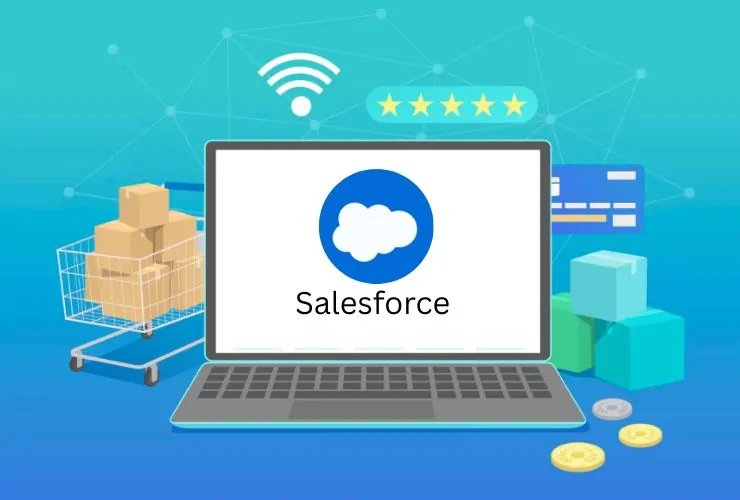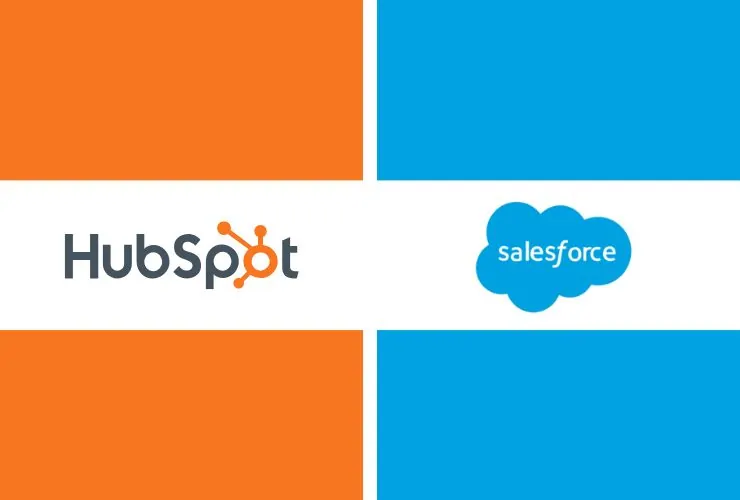With customer expectations changing at lightning speed and competition more intense than ever, businesses can no longer afford to be stuck in siloed systems or legacy processes. The move towards integrated, data-driven, and customer-focused operations is not a trend—it’s a requirement. Leading the world in this transition is Salesforce, the world’s leading CRM platform, enabling businesses to reimagine how they engage with customers, streamline operations, and achieve sustainable growth.
Salesforce’s innovative thinking and broad ecosystem are not only leading the CRM market—they’re transforming how companies do business in a networked, digital era.
1. AI-Powered CRM with Salesforce Einstein
Artificial intelligence is no longer in the future—it’s foundational. Salesforce Einstein, the platform’s AI engine, applies machine learning, predictive analytics, and intelligent automation to routine CRM tasks. From lead scoring and forecasting to automated content suggestions and email personalization, Einstein allows sales and marketing teams to work smarter—not harder.
With capabilities such as image recognition, natural language processing, and real-time analysis, Salesforce customers can see into the future and predict customer needs, provide timely solutions, and build deeper relationships at scale. As AI matures further, Salesforce is set to provide even more context-aware, adaptive experiences that redefine customer engagement.
2. Complete Customer Visibility with Customer 360
Today’s customers interact with brands on multiple touchpoints—web, email, mobile, support, social media, and more. Salesforce Customer 360 brings together all of these interactions in a single, unified, centralized view of the customer. This interconnected data model enables every department—marketing, sales, service, and commerce—to see the same real-time views.
The outcome? No more disjointed experiences. Teams are able to work together better, customize messaging with ease, and provide personalized, consistent experiences that drive customer satisfaction and lifetime value.
3. Industry-Specific CRM Solutions
Salesforce is not a one-size-fits-all CRM—it’s a platform built to address the distinct needs of various industries. Whether it’s Health Cloud for patient management, Financial Services Cloud for wealth advisors, or Manufacturing Cloud for supply chain visibility, Salesforce provides pre-configured solutions with embedded compliance and best practices.
These verticalized solutions enable companies to go faster, lower the cost of customization, and see measurable ROI sooner. It’s this verticalization that enables organizations to speed up digital transformation without reinventing the wheel.
4. A Scalable and Extensible Cloud Ecosystem
What differentiates Salesforce is its dense ecosystem of integrated products. Marketing Cloud, Sales Cloud, Experience Cloud, and Analytics Cloud all work together seamlessly, enabling companies to scale and transform with ease.
Also, Salesforce’s AppExchange—the world’s largest enterprise app marketplace—delivers thousands of pre-configured solutions and integrations. This open architecture means as your business expands, your CRM can grow and adapt without limitations.
5. Smart Automation with Salesforce Flow
Digital transformation demands agility and efficiency. Salesforce answers this need with Salesforce Flow—a powerful tool that lets users automate business processes, build custom workflows, manage approvals, and design guided experiences using low or no code.
From lead nurturing and task assignment to onboarding sequences and service escalations, Flow reduces human error, accelerates response times, and enhances the reliability of customer touchpoints. It’s automation made easy for every team.
6. Enabling a Mobile, Distributed Workforce
Work is no longer a location—it’s a web of engaged people, tools, and experiences. Salesforce enables this new way with strong mobile-first solutions that allow teams to work from anywhere.
The Salesforce Mobile App provides complete CRM capabilities on the move, and integration with Slack (owned by Salesforce) enables end-to-end collaboration, accelerated decision-making, and workflow-based work across remote teams. Employees remain connected and productive on-the-move, whether at home, in the field, or on-site.
7. Data Ethics, Trust, and Compliance
While data privacy is now a priority for customers and regulators, Salesforce has made trust a central company value. Salesforce features strong permission management tools, global data protection compliance with regulations such as GDPR, CCPA, and more, along with transparent data usage.
Salesforce is also participating in developing ethical AI policy and responsible data practices to assist businesses in establishing customer trust while remaining ahead of compliance requirements.
8. Commitment to Innovation and Continuous Learning
Salesforce invests huge amounts of money in R&D and rolls out numerous new features regularly through season updates. It also offers Trailhead, a gamified learning platform which allows people to reskill and learn the full potential of the platform. All this drive for education and innovation places firms dealing with Salesforce always ahead in the curve, having the knowledge and means at hand to make it happen.
Conclusion:
Salesforce isn’t just a CRM platform—it’s a strategic partner to your digital transformation. By combining innovative technologies, automating processes, and centering around customer experience, Salesforce helps companies grow, innovate, and succeed in an evolving marketplace.
As the digital economy continues to evolve, the organizations embracing CRM as a growth engine—powered by platforms such as Salesforce—will be the ones establishing the future of customer engagement, loyalty, and success.












